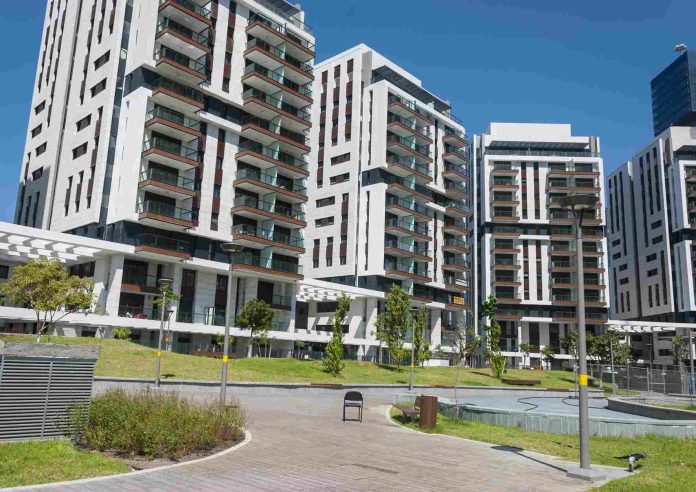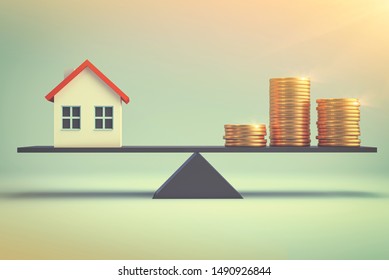The wholesale real estate model is a way for investors to find deals and earn money without actually purchasing or selling any properties. It can be much less risky than traditional buying and selling, as the investors don’t have to handle the financing or renovating of a property, but it also requires considerably more time and knowledge than simply finding an under-market deal and flipping it.
In this article, we will cover how the business model works from beginning to end. We will look at what wholesalers do, where they find deals, how they make offers on those deals, why these deals are fairly low risk (but not entirely), how you would earn your money back plus some profit from each deal, what to expect in terms of time investment, and how to get started.
A few things to note before we start:
This is a business model which requires you to have a bit of cash that is just sitting around in your bank account. It also requires you to have the knowledge of how real estate investing works. While wholesaling a property may allow you to earn money without actually buying or selling a house, it does require some experience under your belt already. If you are interested in starting from scratch with no previous knowledge of real estate investing, check out our “How to Get Started in Real Estate Investing” article.
Lastly, while there are many ways one can go about this business model (see below), I strongly recommend using the services of a wholesaler, who will handle the more technical work, such as finding you the properties that are ready to sell. A good real estate agent or broker can help you here, but they are usually more expensive than a wholesaler.
What do wholesalers do?
If there is no money being put towards purchase of the property by the investor, how do investors make money? This question brings us to one of the key components of our business model. Investors don’t actually buy properties – they find them first, and then offer up “finding fees” (more on this later) in return for opportunities to earn profit when those deals eventually close. The process is very similar to real estate agents when they are finding homes for buyers. They know the market, they know where the good deals are, and they have already done all of their due diligence in order to lower risk Apartments for rent in San Jose.
Wholesalers, then, function in a way that is similar to listing agents (real estate agents whose job it is to simply list houses on the market). Instead of listing houses that they find themselves, though, wholesalers find properties that other investors will eventually buy or sell. Once these deals go through with another investor – after the wholesaler has received their “finding fee”– the wholesaler now becomes an agent who can help guide investors through this process.
This business model requires more time and knowledge, of course, as investors need to know how to approach wholesalers about obtaining these under-market properties. However, the benefit is that you don’t have to worry about any of the more technical parts of getting a deal done– you just have to negotiate a finding fee and then sit back and wait for your money.
Where Do Wholesalers Find Deals?
Wholesale real estate can happen in a variety of different ways. Some investors offer up “bulk deals” on Craigslist or similar sites where they are looking for large numbers of houses at once , some wholesalers will buy from motivated sellers directly (meaning they pay cash), some brokers will hold seminars as an opportunity investors to make offers on properties at once, and some developers will sell directly to investors.
The best deals in my experience have been the motivated seller/bulk deal kind of deals – where a seller is ready to move but can’t or doesn’t want to broker the sale themselves through an agent (largely because they don’t want to pay for it out of pocket).
Read More: Hypothecation Real Estate: Facts You Need To Know About Hypothecation Real Estate
How Do Wholesalers Make Offers? How Much Can Investors Offer As A Wholesale Fee?
The process here varies from wholesaler to wholesaler, but generally speaking it works like this: you email or call a wholesale real estate investor with your offer and how much you are offering their fee to be. This fee can vary anywhere from 5-15% depending on the market and how hard their particular buyer is working to earn them business. Some investors may ask for this fee up front (meaning you pay them before they even begin work), while others will accept an offer where you wait until the property closes and then reimburse them once the deal has gone through. Wholesale investors also usually ask that your offer be accompanied with a few comparable properties or recent sales in the area that can help justify your offer.
Keep in mind that wholesalers aren’t actually buying these deals – they are bringing buyers together so that deals can eventually go through shortly after, if not immediately. Therefore, if a wholesaler accepts your offer of $30k for a property worth $100k ($70k difference), they aren’t going to do $30k of work and then be out the full $70k difference when you buy it unless you agree to pay them. Instead, their fee is usually calculated as a percentage of how much profit they make on the deal once you eventually buy it– meaning that if your offer was accepted at 5% ($3k in this case), we would only earn $3k when that deal goes through (not $30k).
Negotiate a payment in installments:
However, in some cases wholesalers will try and negotiate a payment in installments where you cover all or most of their fee up front and then partial payments every few weeks after. These deals are risky; however, because investors don’t know whether or not the property will actually go through. If the property does go through (meaning the bank accepts your offer at the agreed upon price), then you just have to pay another $3k or $4k in finding fees when that deal goes through. If it doesn’t, though, then your initial investment is now gone and you’re left scrambling for new deals.
Wholesale scores vary by market — Miami investors can probably expect higher quality scores than investors in Detroit — but generally speaking 5% fees are common with 10-15% being offered on some of the best deals. Keep in mind that these percentages will vary depending on how motivated the seller is and how aggressive they think someone is willing to be at a particular time.
Conclusion
Homeowners of distressed properties and investors looking for a below-market real estate deal are connected by real estate wholesalers.
You can enter the real estate market by investing in wholesale real estate. There is usually no capital investment involved. Experienced wholesalers can manage several deals at once and make a significant profit.










